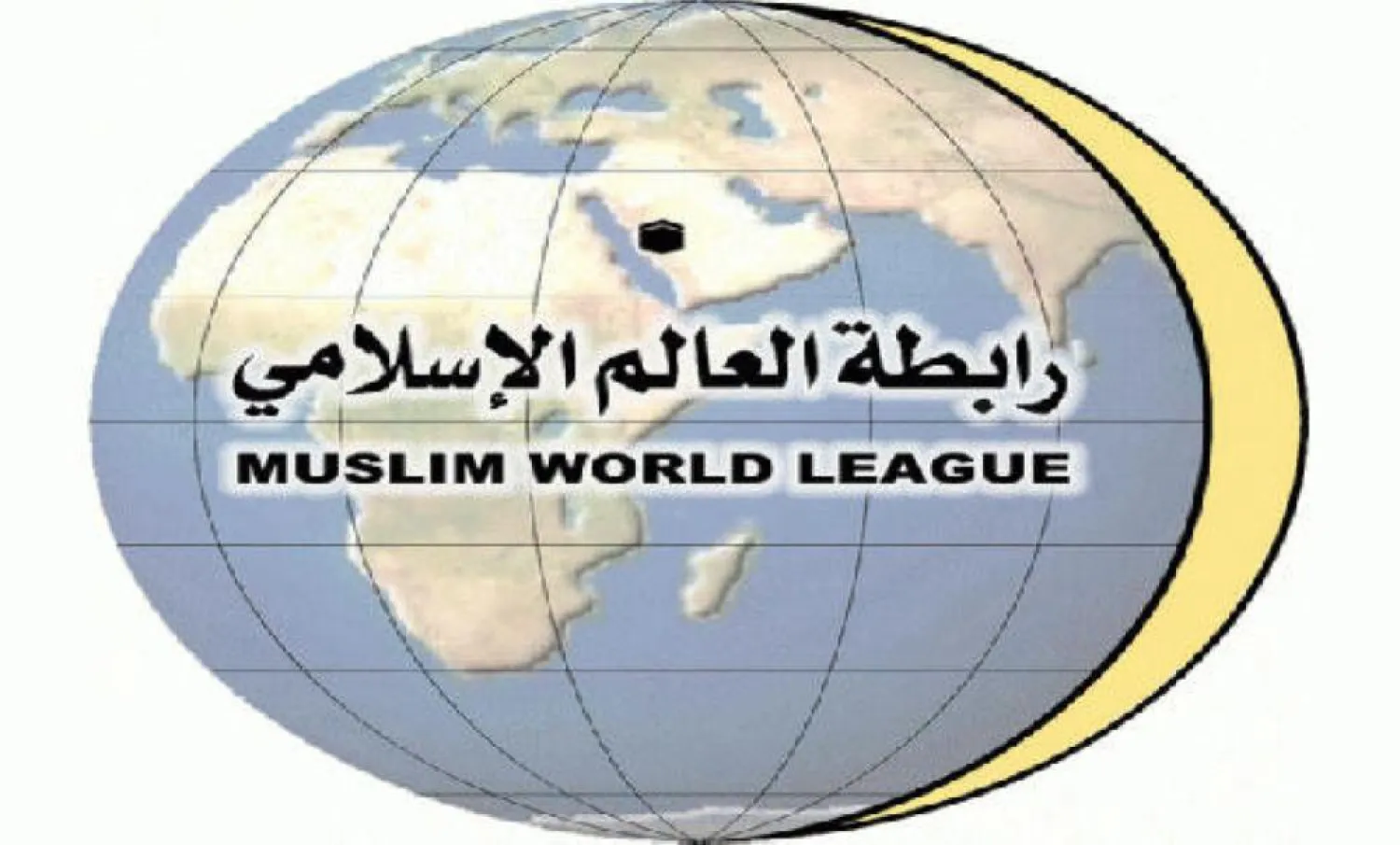The Muslim World League (MWL) has signed a cooperation agreement with the World Council of Religious Leaders (WCRL), which aims to organize an international conference at the United Nations in the presence of a number of religious, intellectual and political leaders.
Secretary-general of MWL Dr. Mohammed al-Issa signed the agreement with Secretary-general of WCRL Bawa Jain on Wednesday.
Jain said the MWL has become a global and influential entity and the world has become attentive to it.
“The coexistence theories that MWL introduces has clearly become of great interest and influence,” he said.
Jain also described the MWL as the inspiration that spreads positive energy and its call for coexistence, tolerance and peace holds incredible, beautiful and influential meanings.
In this context, Adviser for international relations at the MWL Adel al-Harbi said the step constitutes a key shift in the framework of enhancing the global programs of the MWL.
The MWL has become one of the leading cultural and religious foundations around the globe in its capacity as an umbrella of the Islamic nations and its strong and influential relations, said Harbi.
He added that MWL has represented the Islamic World at a number of global forums and presented a civilized message that has maintained Islamic identity while positively coping with modernity.
The proposed conference is expected to be attended by international figures with special emphasis on environmental peacebuilding and purifying atmospheres from all materialistic and spiritual defects, including the confrontation of the extremist and terrorist ideologies that have affected intellectual moderation contexts.
This is in addition to the healthy environment that should be provided with requirements for healthy living free of any pollutants, especially the intellectual ones that unfortunately have produced extremism and terrorism that take hold of some Muslim youth from around the world, Harbi noted.









